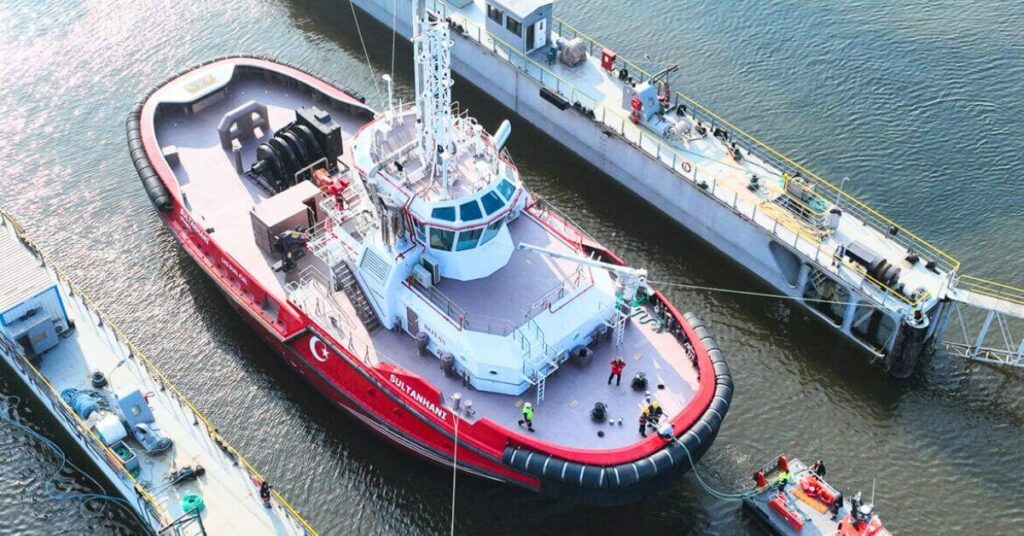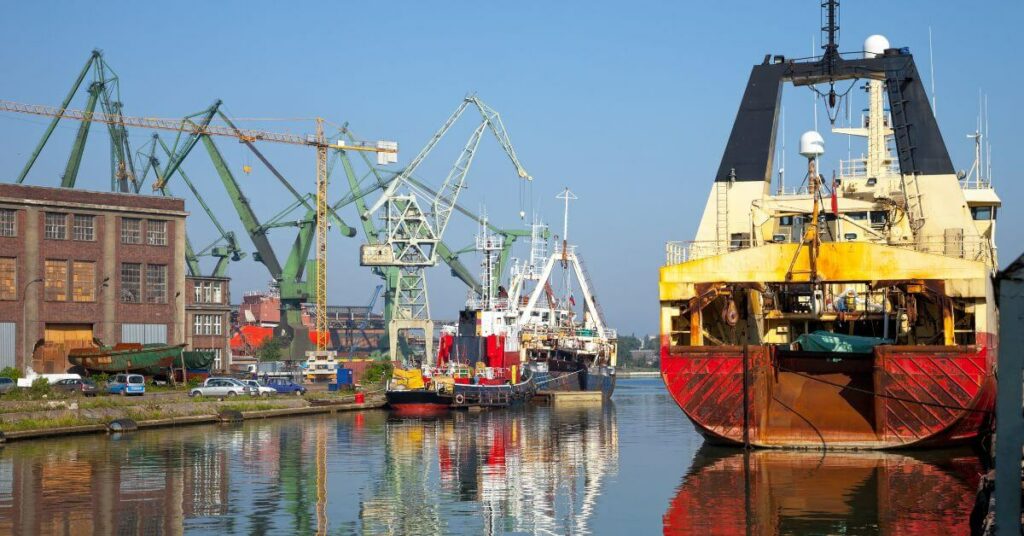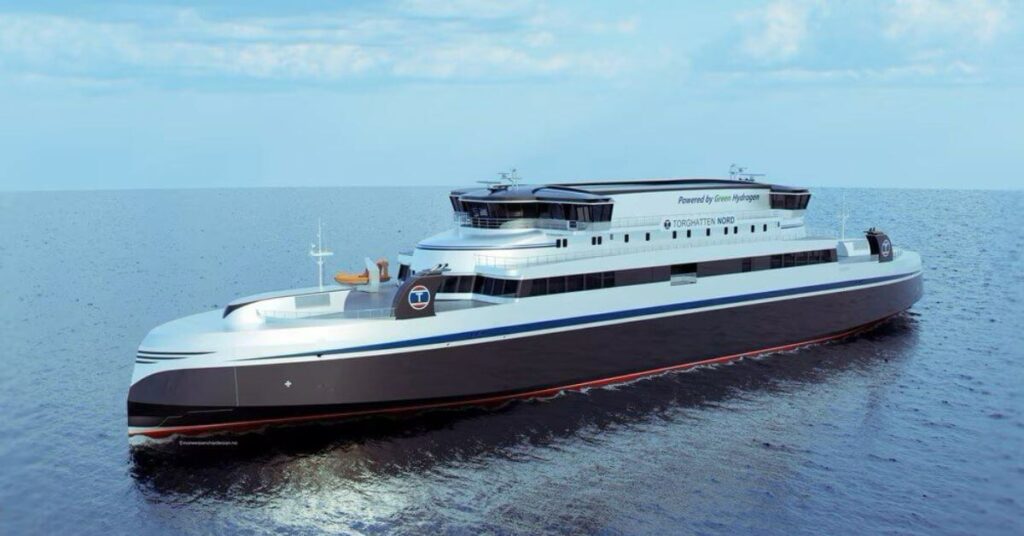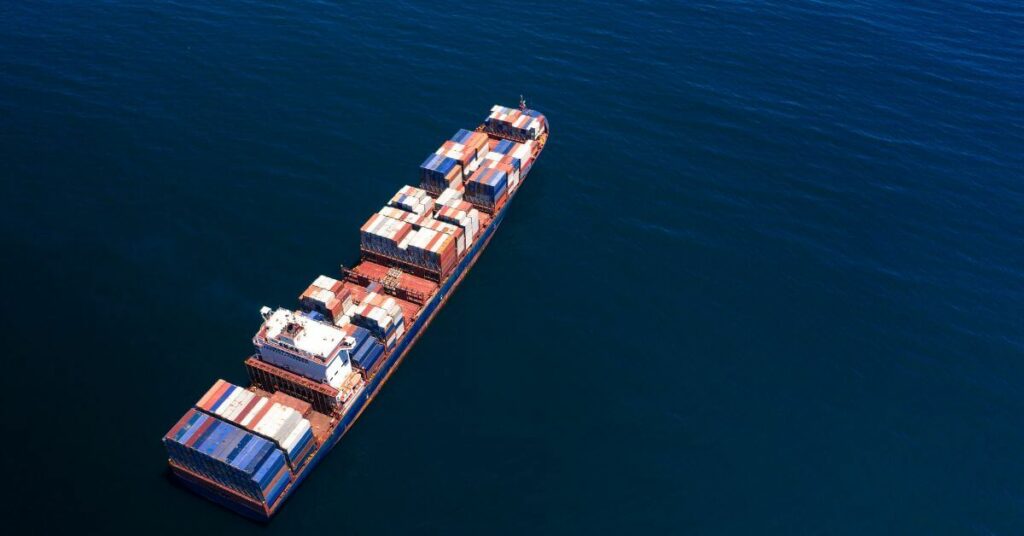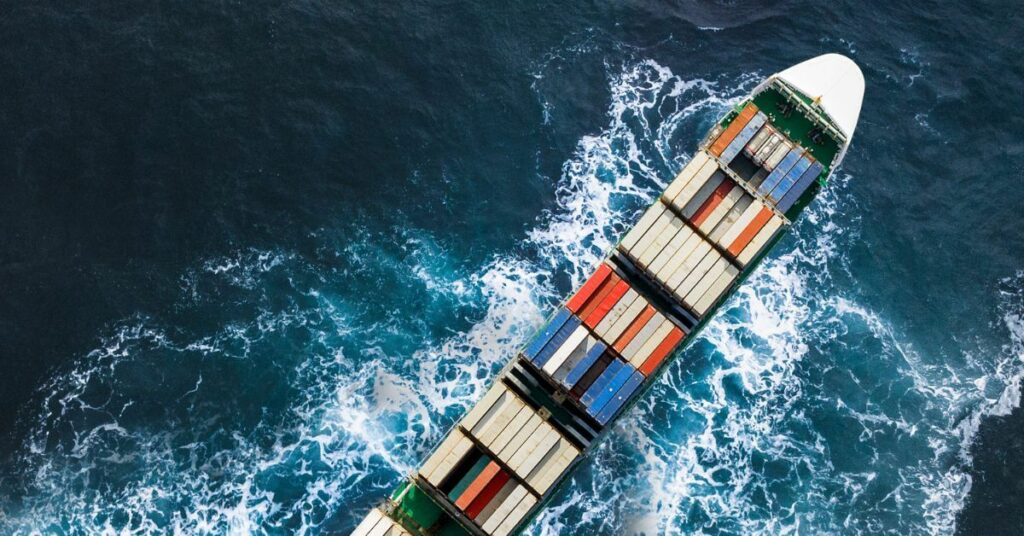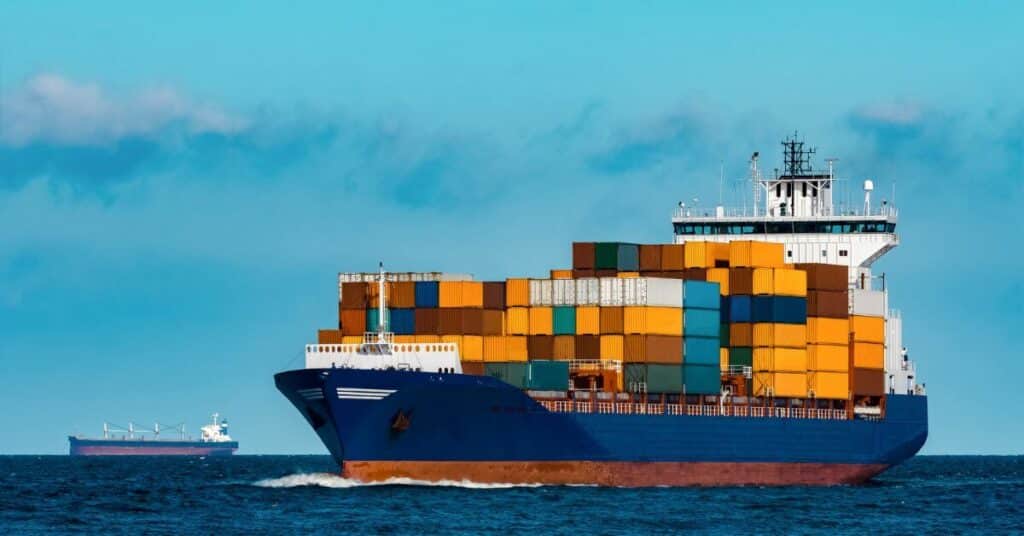The Historical Origins Of The Duty To Save Life At Sea In International Law
A new academic paper from Human Rights at Sea Advisory Board Member Professor Irini Papanicolopulu explores the origins and evolution of the duty to save life at sea, which she describes as a cornerstone of international law.
The Historical Origins of the Duty to Save Life at Sea in International Law was published in the Journal of the History of International Law this month. Its goal is to shed light on when and how the norms aimed at saving life at sea became part of international law.
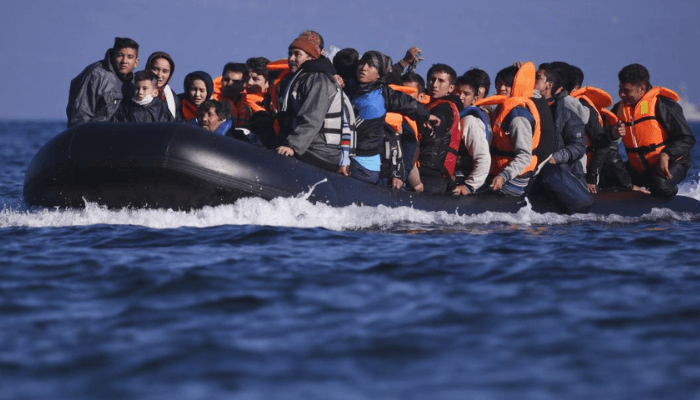
The shortcomings of international treaties
The article highlights ambiguities and shortcomings in international treaties, which have been exploited when the duty to save life at sea is put to the test. For example, in recent years, some states have attempted to bypass obligations to rescue migrants crossing seas in search of safety.
Examining these apparent shortcomings, Professor Papanicolopulu says there is still uncertainty around some elements of international treaties, such as the 1982 United Nations Convention on the Law of the Sea (UNCLOS) and the 1974 International Convention for the Safety of Life at Sea (SOLAS).
She suggests UNCLOS and SOLAS do not provide clear rules concerning the location of where rescued persons should be disembarked, and there is a lack of clarity around the duties of coastal states when vessels in distress reach their shores.
The treaties also do not indicate which state has the duty to intervene when there is a vessel at risk.
Historical origins
Professor Papanicolopulu investigates the origins of the duty to save life at sea, applying historical arguments to reduce the scope of the duty from states to individuals.
Three main groups of rules around saving life at sea are identified in the current legal framework. Firstly, rules relating to the duty of a ship’s master to assist people and vessels in distress; secondly, rules relating to the duties of coastal states in relation to vessels in distress on their coasts; and thirdly, duties relating to the safety of navigation, which refers to flag states and masters.
Professor Papanicolopulu suggests these three duties derive from a common concern: the humanitarian drive to save a life at sea and prevent the death of those navigating therein.
Narratives of seafaring and international law
The Historical Origins of the Duty to Save Life at Sea in International Law considers periods of international law alongside advancements in shipping to trace the evolution of the duty to rescue those in distress.
The narrative begins with rules established around protecting shipwrecked persons prior to modern international law. It then progresses through the emergence of international law rules and technological developments in the nineteenth century to deal with navigational risks such as larger vessels and collisions.
It then explores major conferences and conventions throughout the 1800s and 1900s which helped formally shape and codify rules around rescue in international law.
Professor Papanicolopulu says a historical examination of the duty to save life at sea may illuminate the aspects of the process which led to its emergence as a duty of international law. She says this background may help inform views around its nature, content and the subjects bound by it.
A longstanding humanitarian principle
“The historical evolution of the duty to save life at sea confirms that the humanitarian principle to do everything possible to save life at sea has been a constant in the evolution of international law,” Ms Papanicolopulu states in her article.
She says there is an underlying general principle that mandates states, masters, and other actors to do everything possible to save life at sea.
“It is worth highlighting the longstanding existence of the duty to seek refuge for vessels in distress at sea,” she says. “This is the one duty that has so far not been fully codified into treaty law.
“The long history of this duty and its continuing existence are certainly relevant also for today, in particular in cases where delay by national authorities in granting a port for the disembarkation of the persons rescued at sea may cause a situation of distress on board the rescuing vessel.”
Human Rights at Sea Comment
“There is no doubt that there is not just an international law requirement to save life at sea, but it must be a fundamental moral duty to prevent the loss of human life at sea on every occasion, without exception.” Human Rights at Sea CEO David Hammond commented.
“If we start to either derogate or roll back from positively acting on these duties either through state policy or deliberate avoidance, we rapid erode the basic principles of humanity and the established rule of law,” he said.
“The history of the duty to save life at sea shows that it has always been part of national law and, when it emerged, of international law. We should not forget that, and we should strive to ensure that this legacy of past lawyers is preserved and enhanced today, adapting it to the changing circumstances at sea while preserving its core humanitarian purpose”, Professor Papanicolopulu said.
Ms Papanicolopulu is an Associate Professor of International Law at the University of Milano-Bicocca in Italy, where she teaches and conducts research on public international law and on the law of the sea.
Reference: Human Rights At Sea
Disclaimer :
The information contained in this website is for general information purposes only. While we endeavour to keep the information up to date and correct, we make no representations or warranties of any kind, express or implied, about the completeness, accuracy, reliability, suitability or availability with respect to the website or the information, products, services, or related graphics contained on the website for any purpose. Any reliance you place on such information is therefore strictly at your own risk.
In no event will we be liable for any loss or damage including without limitation, indirect or consequential loss or damage, or any loss or damage whatsoever arising from loss of data or profits arising out of, or in connection with, the use of this website.
Disclaimer :
The information contained in this website is for general information purposes only. While we endeavour to keep the information up to date and correct, we make no representations or warranties of any kind, express or implied, about the completeness, accuracy, reliability, suitability or availability with respect to the website or the information, products, services, or related graphics contained on the website for any purpose. Any reliance you place on such information is therefore strictly at your own risk.
Do you have info to share with us ? Suggest a correction
About Author
Marine Insight News Network is a premier source for up-to-date, comprehensive, and insightful coverage of the maritime industry. Dedicated to offering the latest news, trends, and analyses in shipping, marine technology, regulations, and global maritime affairs, Marine Insight News Network prides itself on delivering accurate, engaging, and relevant information.

About Author
Marine Insight News Network is a premier source for up-to-date, comprehensive, and insightful coverage of the maritime industry. Dedicated to offering the latest news, trends, and analyses in shipping, marine technology, regulations, and global maritime affairs, Marine Insight News Network prides itself on delivering accurate, engaging, and relevant information.
Latest Shipping News Articles You Would Like:
Subscribe To Our Newsletters
By subscribing, you agree to our Privacy Policy and may receive occasional deal communications; you can unsubscribe anytime.




